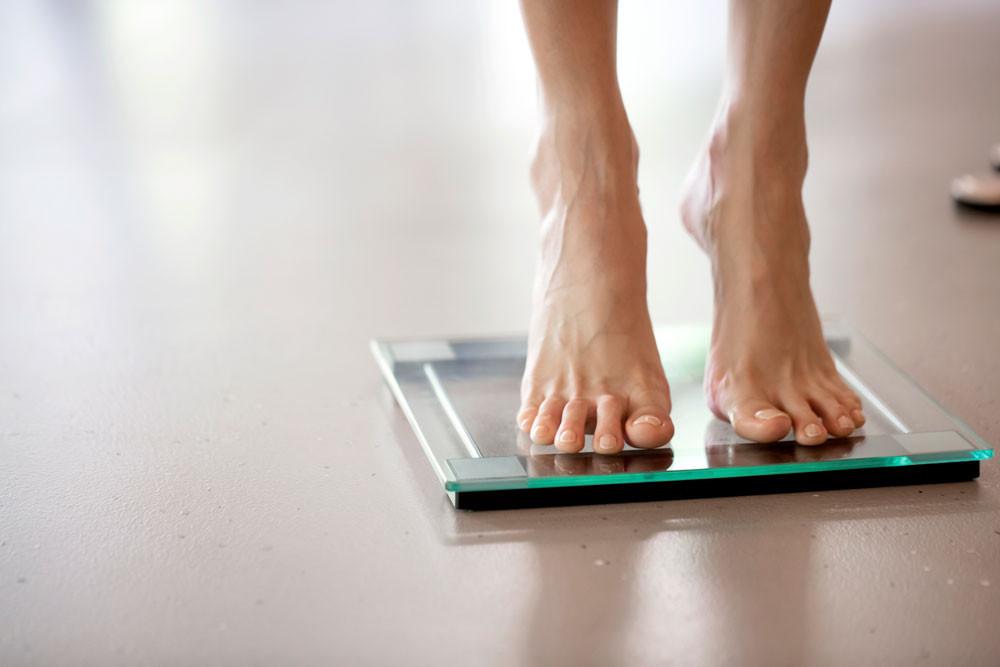We’re all trying to eat better, folks! After all, we want to lose weight, feel better and live longer, so it’s no wonder we jump from diet to diet to try to find that magic bullet.
There are so many diet types out there, it can be very confusing. Some work, others don’t and a few are downright harmful and should be avoided. Today, I wanted to talk to you about one that is currently making waves–the one-meal-a-day (OMAD) diet.
Known as a more extreme form of the increasingly-popular intermittent fasting diets, the OMAD diet involves eating all the nutrients you need for a day during the same one-hour span daily, without eating anything else for the other 23 hours save some types of calorie-free beverages. This diet is also known as the “23/1” diet–23 hours of no food and one hour with food.
The idea behind this diet is that you will end up eating less, and many of its proponents also say you’ll lose weight faster and feel more satisfied when you eat a smaller amount of calories. As noted by Medical News Daily, one reason this diet may be becoming more popular is that nothing is actually off-limits during the one-hour span (https://www.medicalnewstoday.com/articles/320125#potential-benefits).
Of course, as with other diets, there are plenty of warnings here, folks. Experts simply don’t agree on the risks and benefits of this diet. For example, SELF interviewed Brigitte Zeitlin, a registered dietician and certified nutritionist, and she believes you need to eat throughout the day to prevent focus and energy dips (https://www.self.com/story/what-happens-to-your-body-when-you-skip-meals). Zeitlin also cautioned that blood sugar levels could drop too much on the OMAD diet, and you could end up with digestive issues. Other experts have raised similar concerns about this diet as well.
Research in general on intermittent fasting has been mixed. It does appear it can lower blood sugar, help you lose weight and possibly benefit your heart and memory. At the the same time, it can cause weakness, trouble thinking clearly, fatigue and other issues. Since OMAD in particular is an extreme diet, it’s not advised for people with diabetes, eating disorders or pregnant or nursing mothers.
If you do decide to try this diet, be sure to speak to your doctor about it first. As with anything else, if you are not feeling well while practicing this diet, don’t stay on it.




